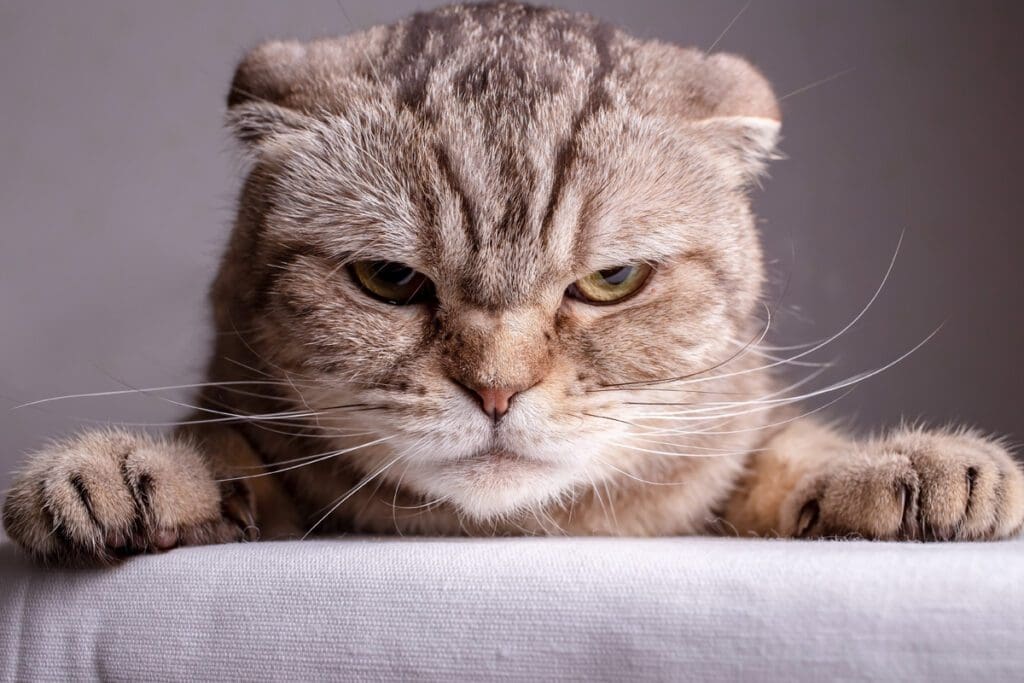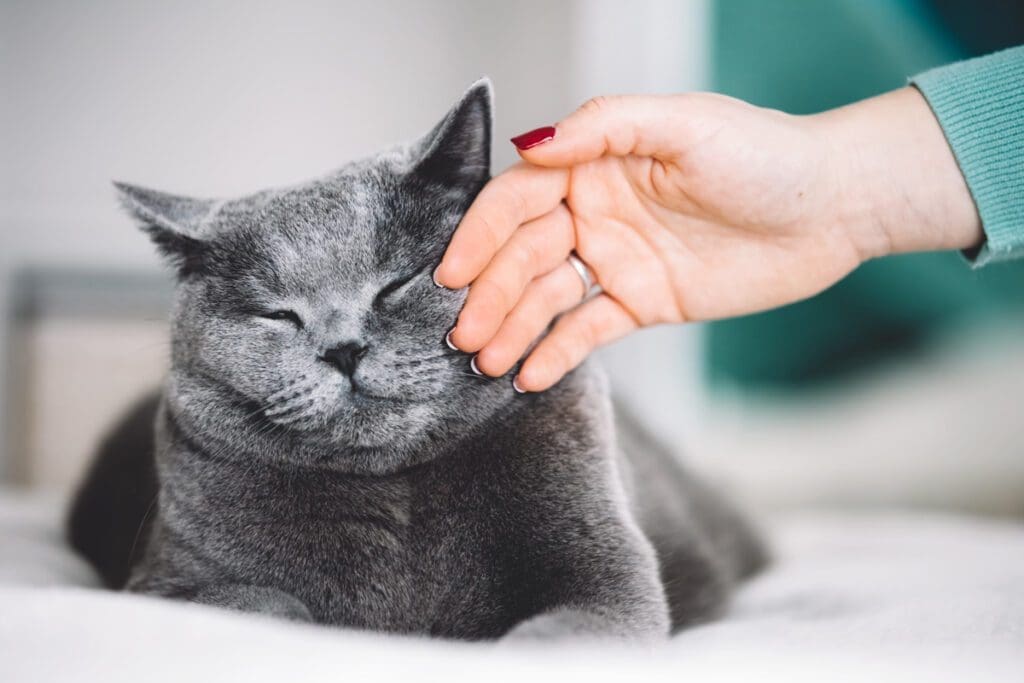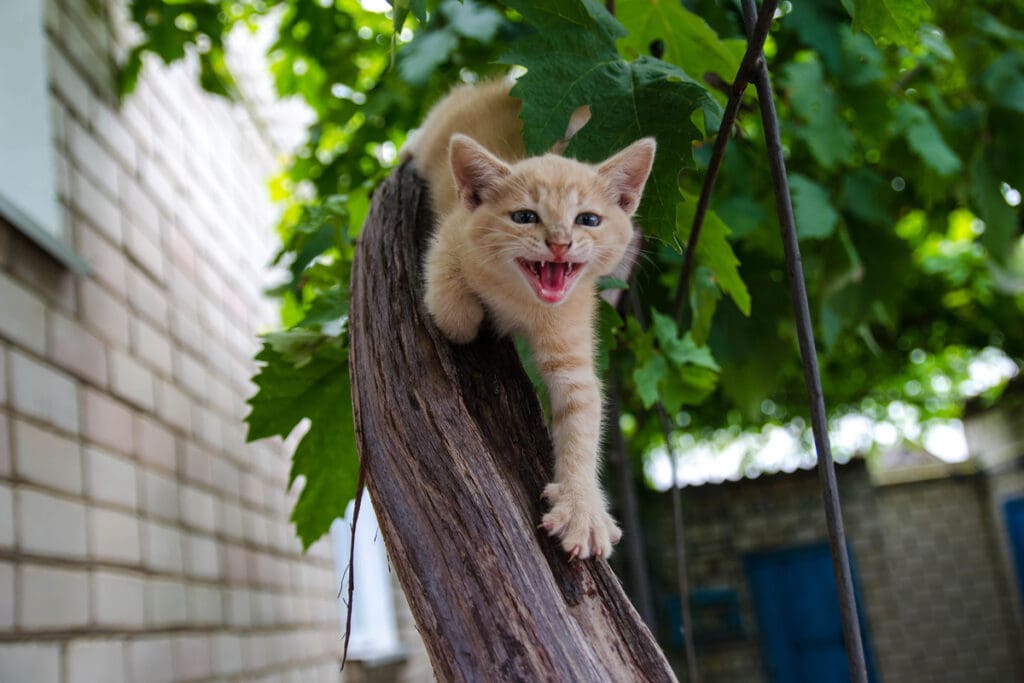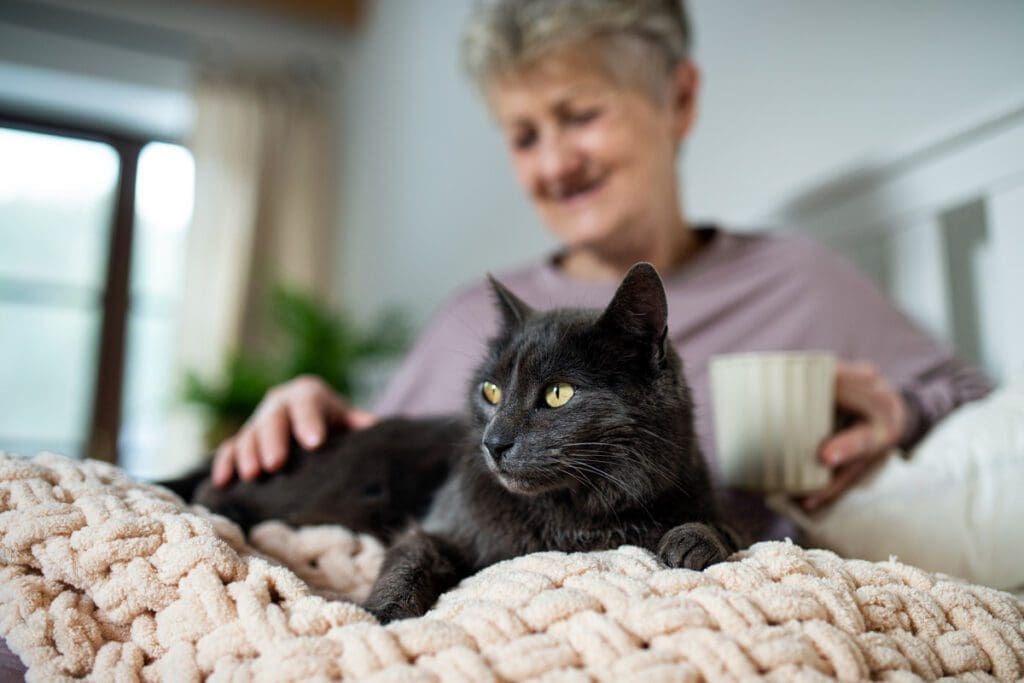Because cats are so independent, some owners can inadvertently be less attentive to their needs than they should be. In many ways, cats need similar care to dogs. Here are 10 major mistakes not to make with your cat!
10. Feeding Your Cat Only Dry Food
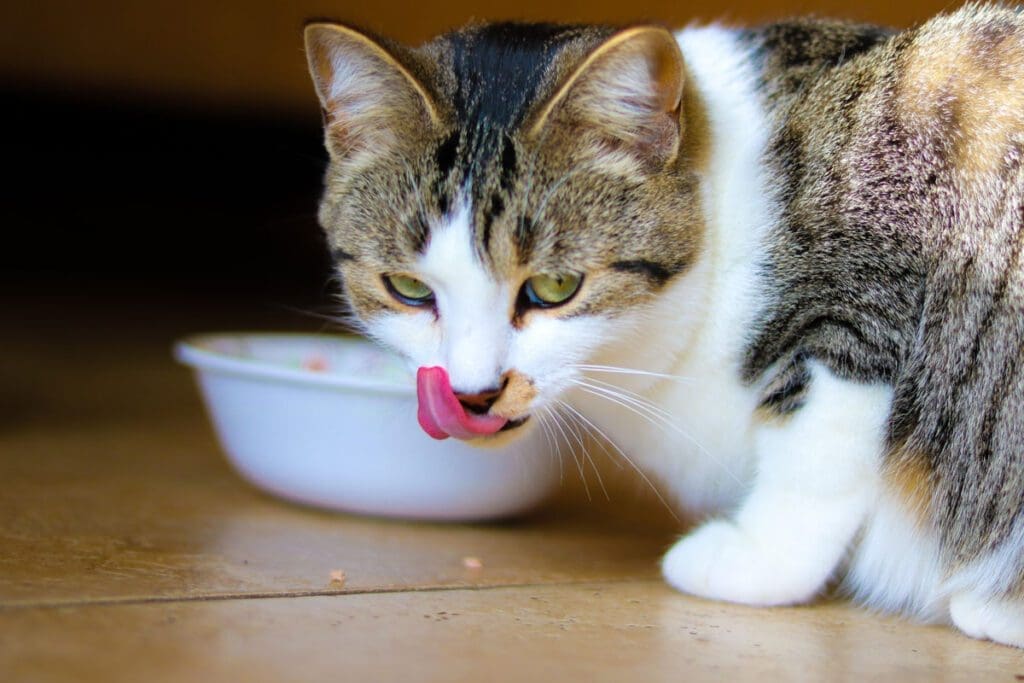
There are two reasons to avoid feeding your cat dry food only. Dry foods typically contain more carbs and lead to obesity in felines. Most importantly, cats drink very little water throughout the day, therefore, they rely on their food as a major source of daily water intake. Wet food contains a lot more water than dry food.
9. Taking a Hands-Off Approach to Your Cat
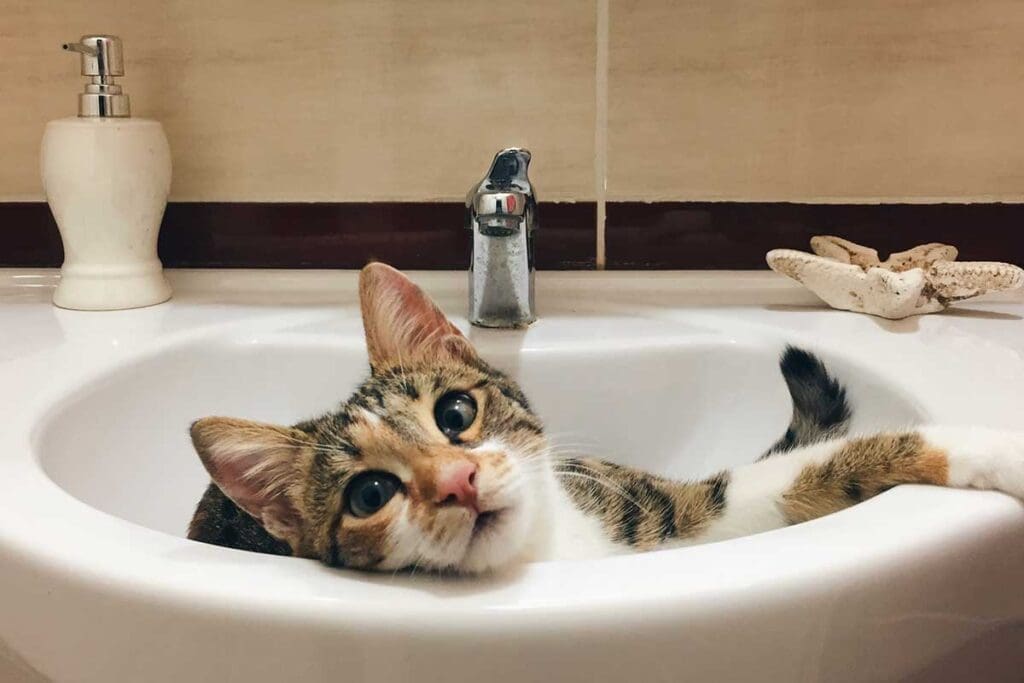
Because cats are so self-sufficient and independent by nature, there is a tendency to take a hands-off approach and allow them to do their own thing. But just because your cat grooms itself, it doesn’t mean it doesn’t need some extra help with combing or brushing. Your cat may need nail trimming, dental hygiene, and the occasional bath.
8. Inattention to the Litter Box
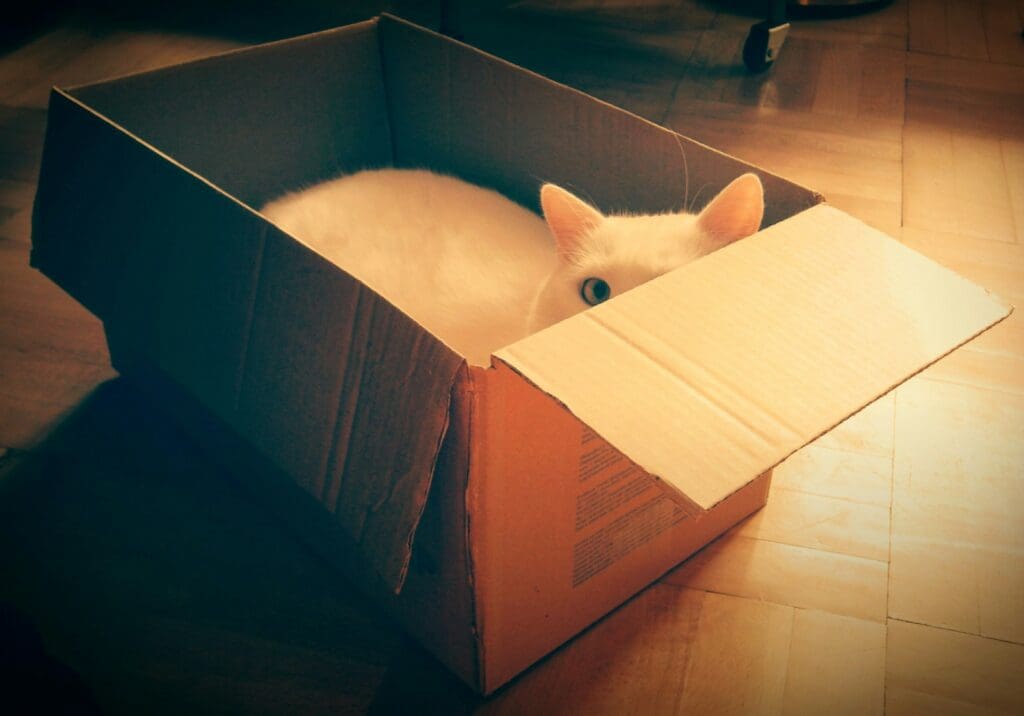
One thing they don’t like for sure is a dirty, smelly litter box. This causes stress and anxiety that can lead to behavioral changes, such as spraying or inappropriate urination. Ignore it for too long and they’ll find somewhere else to do their business and may not go back to using the box.
7. Allowing Your Cat to Get Obese
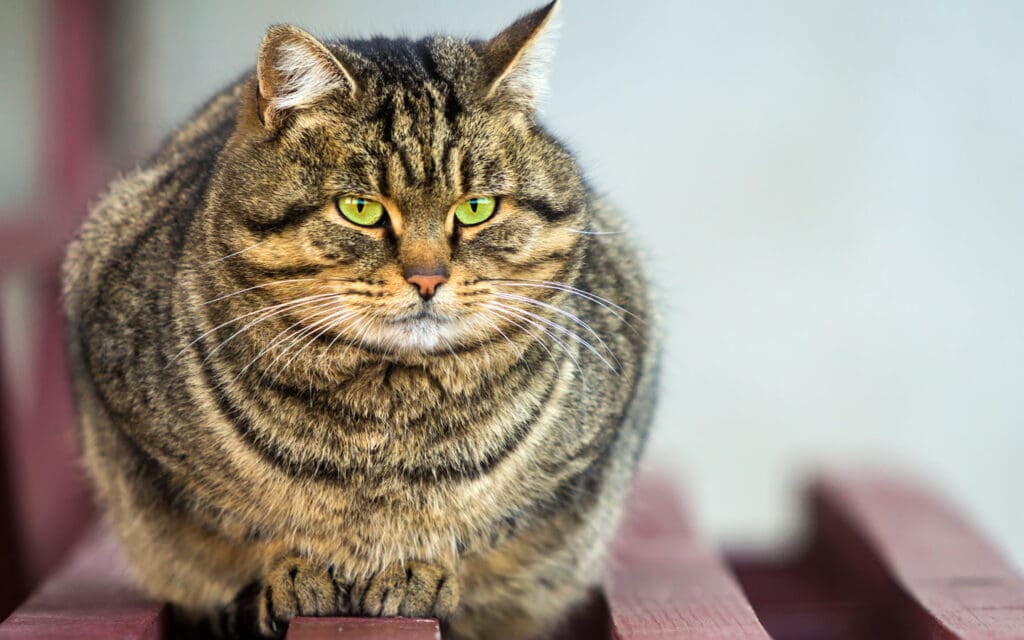
According to one study, 61 percent of cats in the US are overweight or obese. Obesity can be a catalyst for many degenerative diseases, causing cats to suffer from many of the same maladies that affect humans. Over half of domesticated US cats are also under-exercised. You control your cat’s food and, therefore, control your cat’s weight.
6. Using Products Intended for Dogs on Your Cat
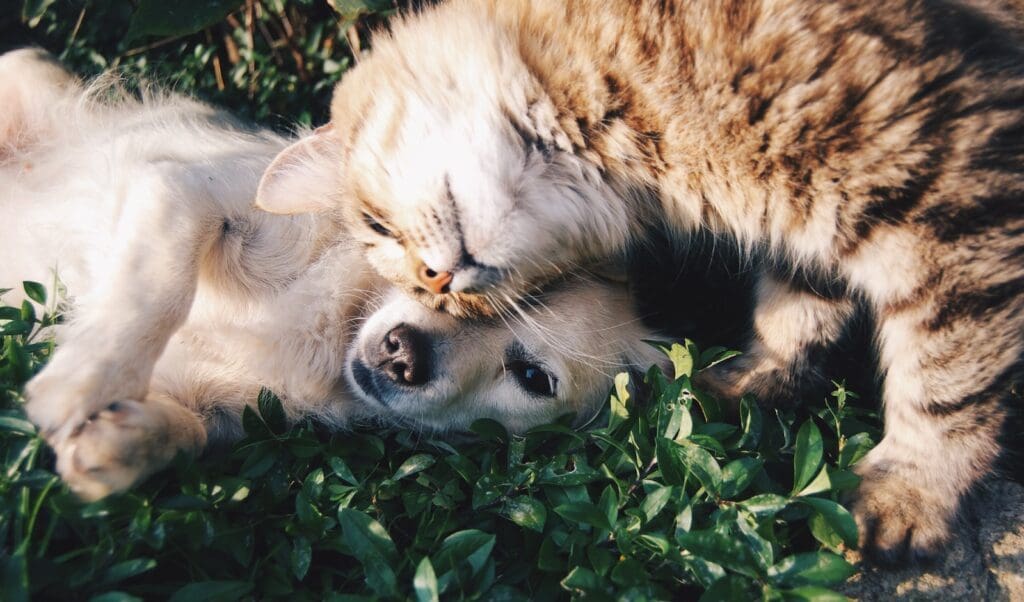
You should never assume that any product designed for dogs is safe for a cat as well. In certain circumstances, this could be a mistake that could prove to be fatal. Use only products that clearly state they are intended for use by cats and are safe. Further, only use products in the manner in which they are recommended.
5. Not Brushing Your Cat’s Teeth
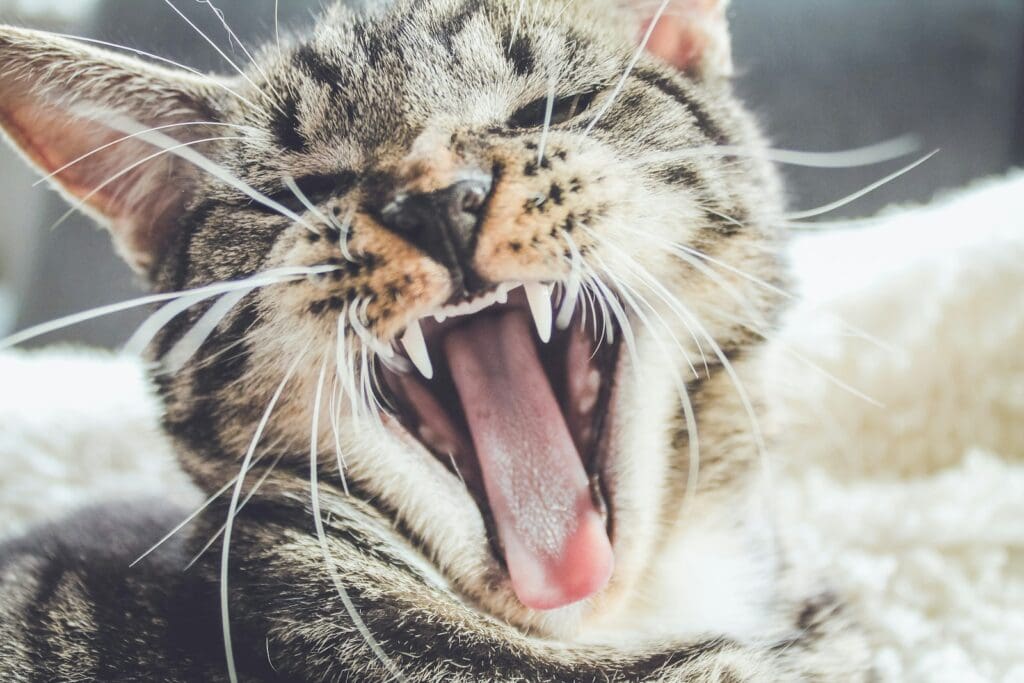
One of the most common reasons cats visit a veterinarian is due to dental disease. Treatment can be quite costly. And, dental disease in your cat isn’t always confined to the mouth. Although it could take weeks for your cat to become comfortable with having its teeth brushed, there are ways to make it enjoyable. It’s an important preventative measure.
4. Misinterpreting Behavioral Changes in Your Cat
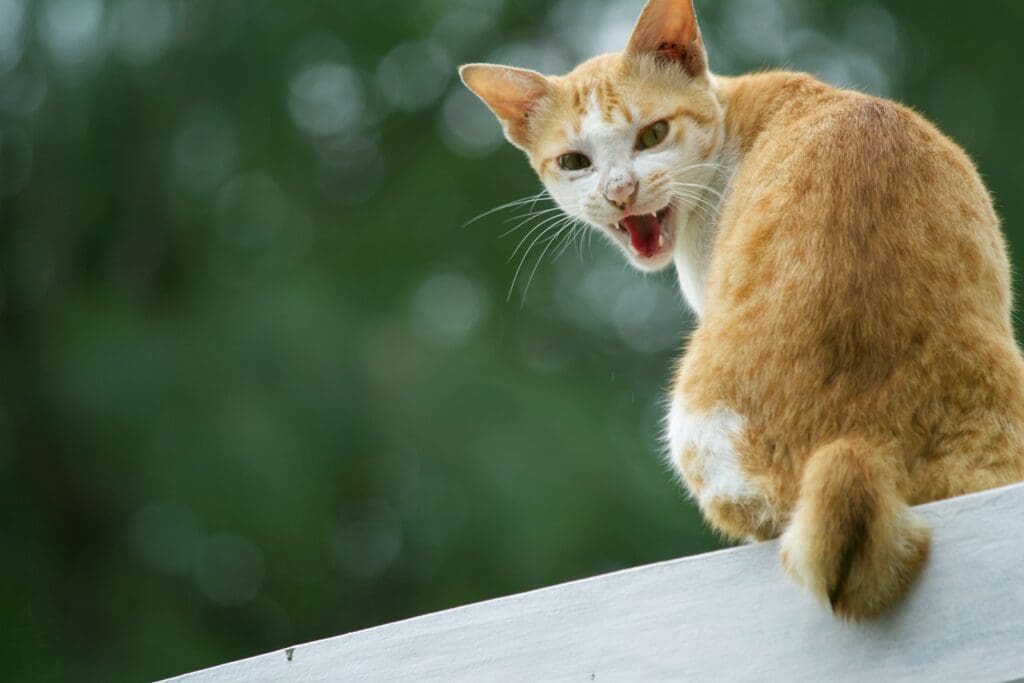
It’s not always easy to tell when your cat is unwell. Look for changes in behavior, eating, and litter box habits. Don’t be quick to attribute them to being finicky or misbehaving. Your cat eliminating outside of the box could indicate its health or environment is causing a problem. Your cat is depending on you to help sort it out.
3. Assuming It’s Normal for Your Cat to Throw Up
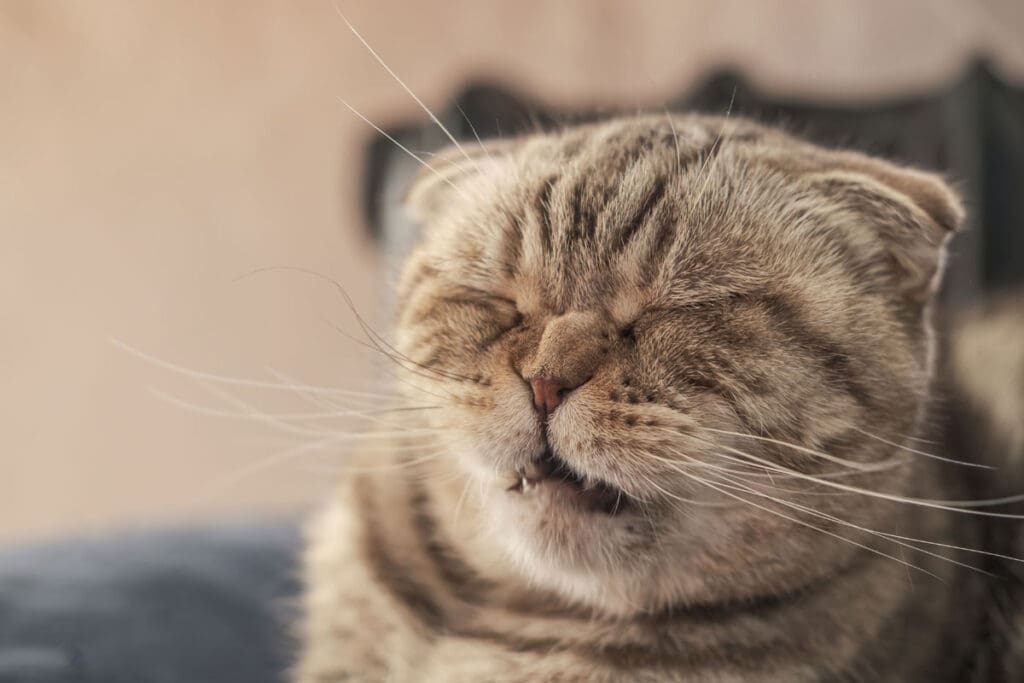
While it’s true that many cats vomit quite often, throwing up is always a sign of an underlying problem that requires attention. Hairballs are but one problem. There are lots of reasons felines vomit. Contributing factors include diet, medication, overeating, parasites, viruses, bacteria, serious illness, systemic disease, bowel obstruction, urinary obstruction, and more. If unsure, consult the vet.
Read More: Common Foods That Are Toxic to Cats
2. Not Taking Your Cat for Regular Vet Visits
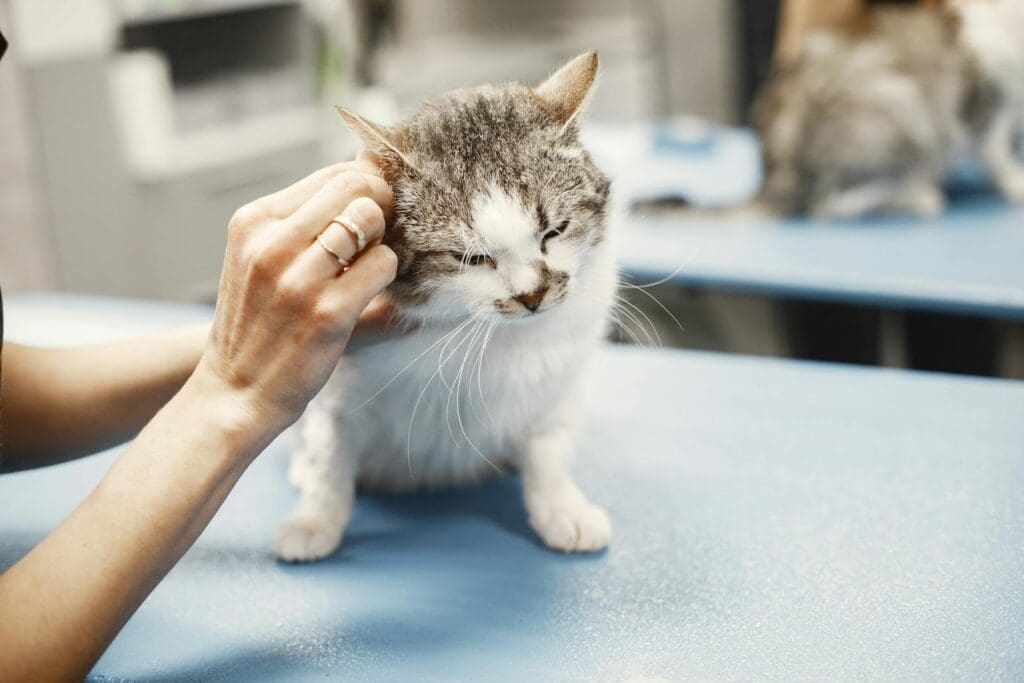
Compared to canines, felines see veterinarians on a much less frequent basis. However, just like dogs, cats need regular vet visits. Healthy adult cats should have an annual vet visit. Middle-aged, senior, and geriatric cats should visit the vet twice a year. Kittens or those with underlying health issues may need more frequent vet visits.
Read More: How to Bathe a Cat and Avoid Disaster
1. Giving Your Cat Human Medications
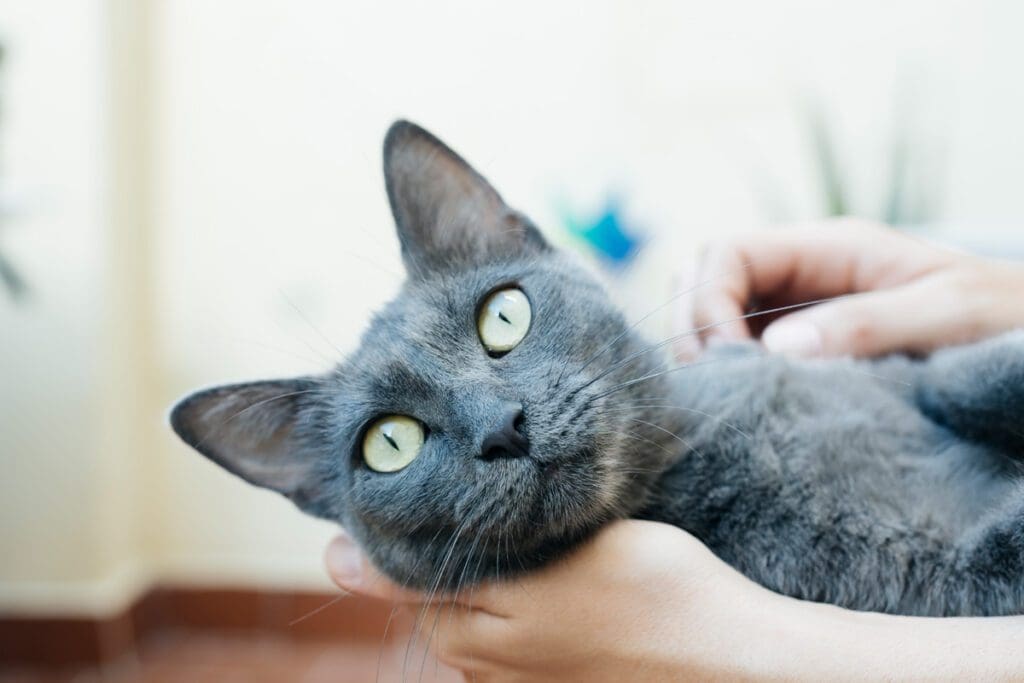
Before giving any medication to your cat, always consult your veterinarian first. Only use medication intended for humans if instructed to do so by your vet, and only in the amount prescribed. Human medication in the wrong dosage could sicken your cat, and in the worst case, could prove fatal.
Read More: 10 Reasons Cats Are The Best Pets (Sorry, Dog Lovers)

